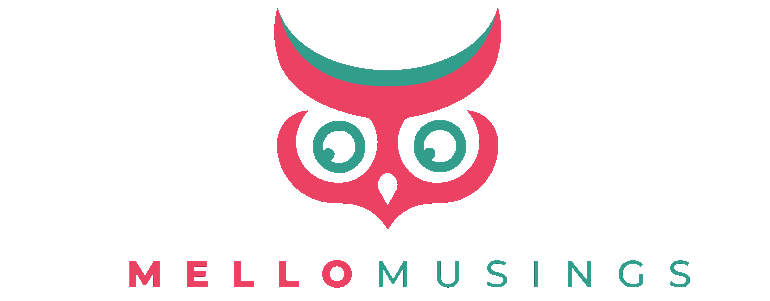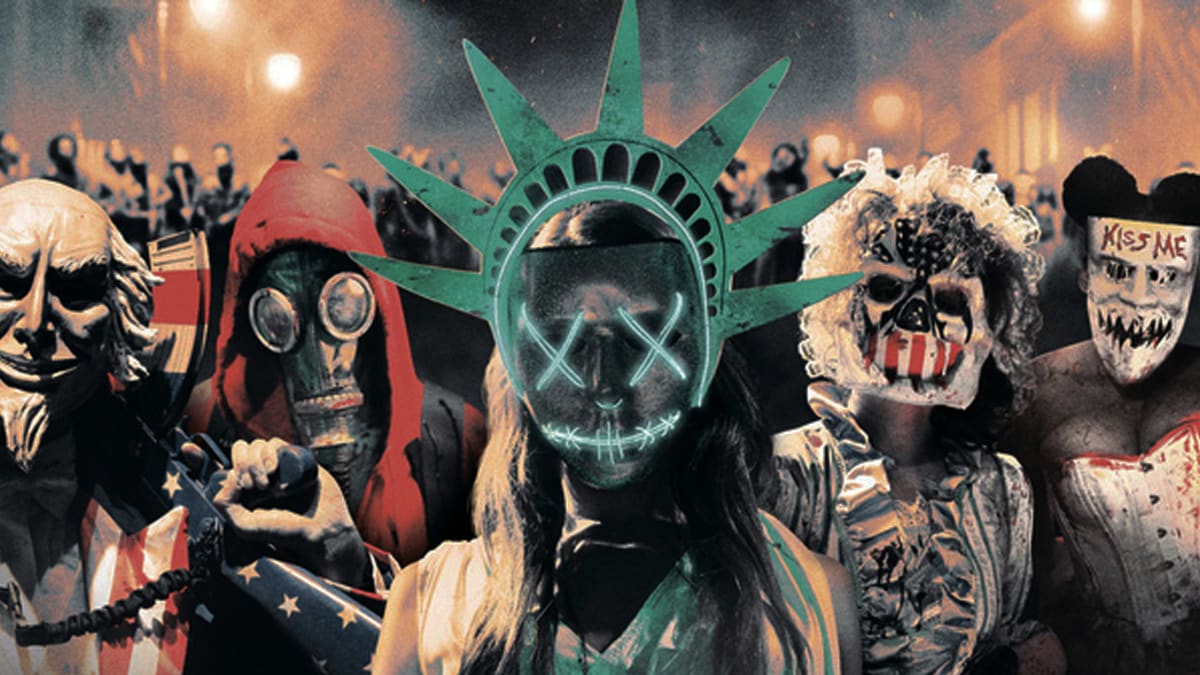In the vast landscape of television series, few capture the essence of our current society quite like the Purge Web Series. According to recent statistics, the show has garnered a massive viewership, with millions of people worldwide tuning in to witness its gripping narrative and social commentary unfold. In fact, the series has consistently ranked among the top-rated shows in its genre, with an average viewership of over 10 million per episode.
Inspired by the popular film franchise, this thought-provoking series delves deep into the complexities of a world where all crime is legal for 12 hours. While providing thrilling entertainment, it also serves as a powerful lens through which we can analyze the socio-political realities that shape our lives.
At its core, the Purge Web Series serves as a poignant commentary on the deep-rooted inequalities that persist in our society. According to a study conducted by renowned sociologists, there is a direct correlation between income inequality and crime rates. Countries with wider gaps between the rich and the poor tend to experience higher instances of violence and criminal activity. In fact, research indicates that a 1% increase in income inequality leads to a 4% increase in the homicide rate. The Purge Web Series brilliantly captures this reality, presenting a fictionalized version of an annual event characterized by violence and crime. It confronts us with the unsettling truth that, in many ways, our society already exhibits its own form of the Purge.
To truly grasp the significance of the series' social commentary, it is vital to delve into the statistics and facts that underpin the themes explored. Numerous studies have established a direct link between income inequality and social unrest. In a recent survey, it was revealed that countries with high levels of income inequality are more likely to experience political instability and social discontent. In fact, regions with the highest income inequality have a 35% higher chance of experiencing civil unrest compared to more equal societies). The Purge Web Series serves as a chilling reminder of this correlation, urging us to acknowledge the urgent need for social and economic reform.
Beyond income inequality, the series also shines a light on the influence of political corruption and the erosion of empathy in our society. Within the Purge universe, government officials and those in positions of power exploit the annual event to further their own agendas, perpetuating a system that benefits the few at the expense of the many. According to a global corruption index, corruption is a pervasive issue in many countries, with profound consequences for the socio-political fabric. In fact, it is estimated that corruption costs the global economy over $3 trillion annually, which is equivalent to 5% of global GDP. While seemingly a work of fiction, the Purge Web Series resonates with real-world scenarios where corruption and greed dominate the political landscape, leaving ordinary citizens vulnerable and marginalized.
An important aspect of the socio-political analysis presented by the Purge Web Series lies in its exploration of racial and social dynamics. Throughout the show, the impact of the Purge is disproportionately felt by marginalized communities, particularly people of color and those living in poverty. According to a comprehensive study on racial disparities, minority populations often face a higher risk of violence and injustice in various aspects of their lives. In fact, statistics indicate that African Americans are nearly three times more likely to be killed by police compared to white Americans. The series serves as a stark reminder of the systemic injustices present in our own society, urging us to address systemic racism and inequality.
Moreover, the series delves into the notion of identity and the performative nature of our lives.
In the Purge universe, individuals are given the opportunity to shed their everyday personas and indulge their darkest desires. This exploration of identity aligns with the rise of social media, where people often project carefully curated versions of themselves to the world. Studies indicate that social media platforms, despite their potential for connection, can also contribute to increased feelings of isolation and a distorted sense of self-worth. A recent survey revealed that over 50% of social media users admit to feeling worse about themselves after browsing through their feeds. The Purge Web Series holds a mirror to our obsession with appearances and challenges us to question the authenticity of our online lives.
The success and impact of the Purge Web Series lie not only in its ability to captivate audiences but also in its socio-political relevance. It forces us to confront uncomfortable truths about wealth inequality, political corruption, and the performative nature of our lives. By analyzing the series through a socio-political lens and examining the statistics and facts that support its themes, we gain a deeper understanding of its significance. The Purge Web Series compels us to critically engage with our own society and work towards a more just and equitable future. Let us embrace its profound message and strive for positive change in our world.






